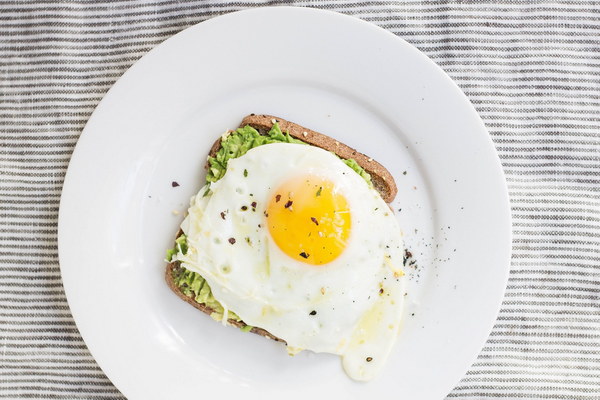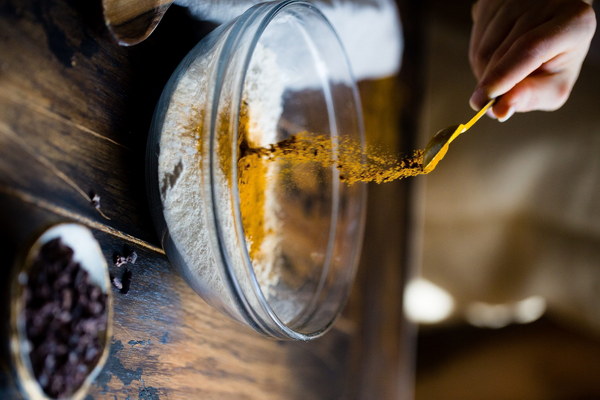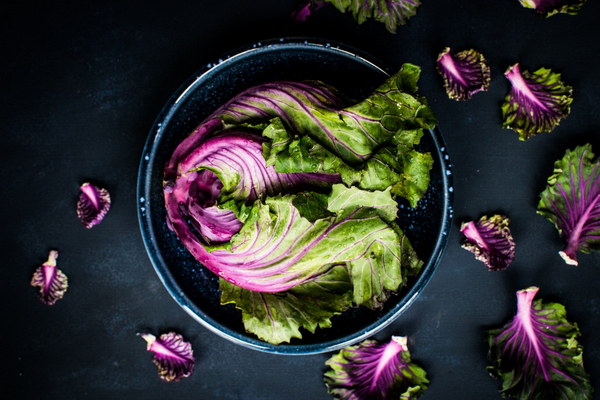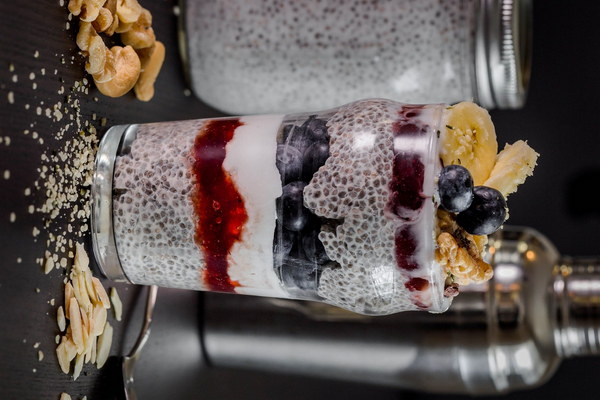Mastering Oil Control A Holistic Approach to Body and Mind Balance
In the pursuit of clear and glowing skin, managing oil production is a common concern. Excessive oiliness can lead to acne, enlarged pores, and an uneven complexion. However, tackling oil control is not just about skincare; it's a holistic endeavor that encompasses diet, lifestyle, and mental health. Here's a comprehensive guide to mastering oil control and achieving body and mind balance.
1. Diet and Hydration: The Foundation of Oil Control
The foods we consume play a crucial role in the oil production of our skin. Here are some key dietary adjustments to consider:
- Reduce High-Glycemic Foods: Foods that cause a rapid spike in blood sugar, like sugary snacks and white flour products, can trigger oil production. Opt for low-glycemic foods like whole grains, legumes, and vegetables.
- Increase Omega-3 Fatty Acids: Omega-3s have anti-inflammatory properties that can help regulate oil production. Foods rich in omega-3s include fatty fish, flaxseeds, chia seeds, and walnuts.
- Stay Hydrated: Drinking plenty of water helps to maintain your skin's natural balance and can prevent dehydration, which can lead to increased oil production.
2. Skincare Routine: Cleansing and Balancing
A consistent skincare routine is essential for managing oily skin. Here’s how to create a balanced regimen:
- Gentle Cleansing: Use a mild, water-soluble cleanser to remove excess oil without stripping your skin of its natural moisture.
- Exfoliation: Regularly exfoliate to remove dead skin cells that can clog pores and contribute to oiliness. Choose a chemical exfoliant with ingredients like salicylic acid or glycolic acid for best results.
- Moisturize Wisely: Contrary to popular belief, moisturizing is crucial for oily skin. Choose an oil-free, non-comedogenic moisturizer to keep your skin hydrated without clogging pores.
- Clay Masks: Incorporate a clay mask into your routine to absorb excess oil and refine pores. Use masks once or twice a week.
3. Lifestyle Choices: Sleep, Exercise, and Stress Management
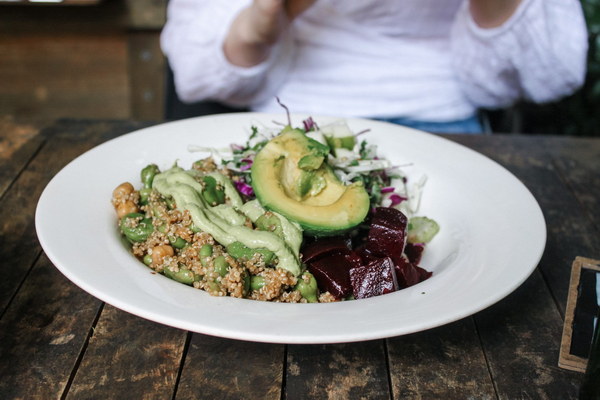
A healthy lifestyle can significantly impact your skin's oil balance:
- Adequate Sleep: Lack of sleep can disrupt your hormones, including those that regulate oil production. Aim for 7-9 hours of quality sleep each night.
- Regular Exercise: Physical activity increases blood flow and promotes the release of endorphins, which can help reduce stress and oil production.
- Stress Management: Chronic stress can lead to increased oil production. Techniques such as meditation, yoga, or deep-breathing exercises can help manage stress levels.
4. Professional Treatments and Products
For those who struggle with severe oiliness, professional treatments and specialized products can be beneficial:
- Chemical Peels: These can help exfoliate the skin and reduce the appearance of pores.
- Microdermabrasion: This procedure gently sands away the outer layer of skin, leaving behind a smoother, more even surface.
- Topical Treatments: Prescription retinoids and other topical treatments can help regulate oil production and improve skin texture.
Conclusion: Balancing Oil Production for Total Well-being
Controlling oil production is about finding a balance that works for your body and mind. By addressing diet, skincare, lifestyle, and stress management, you can achieve a more harmonious relationship with your skin. Remember, it's not just about achieving a clear complexion; it's about promoting overall health and well-being.

